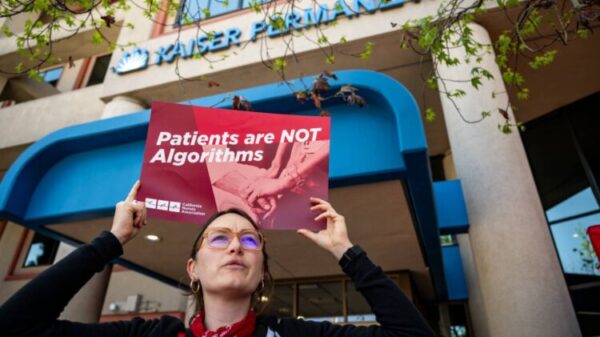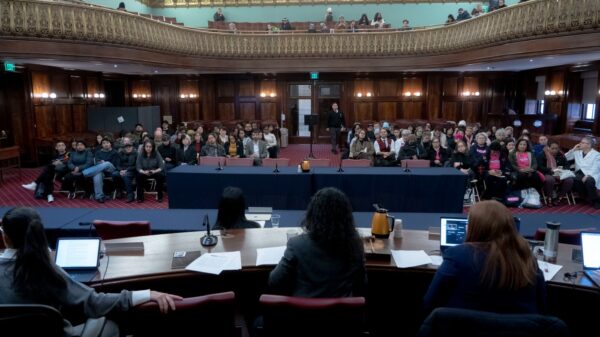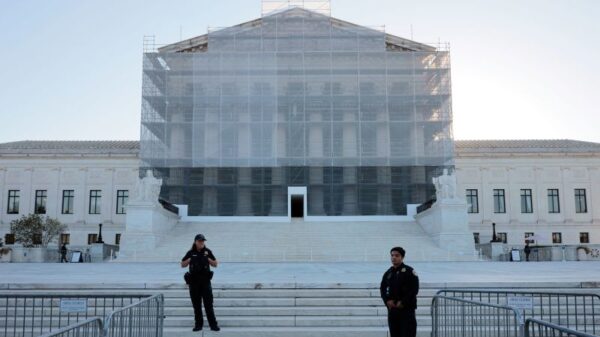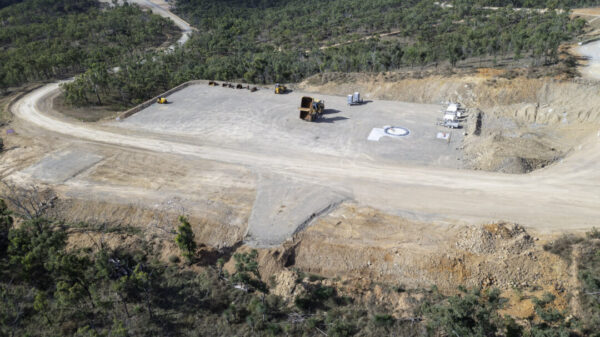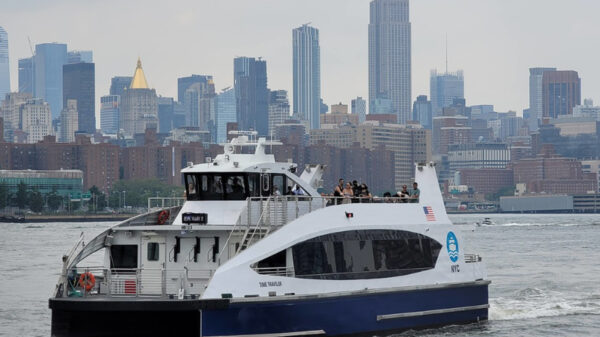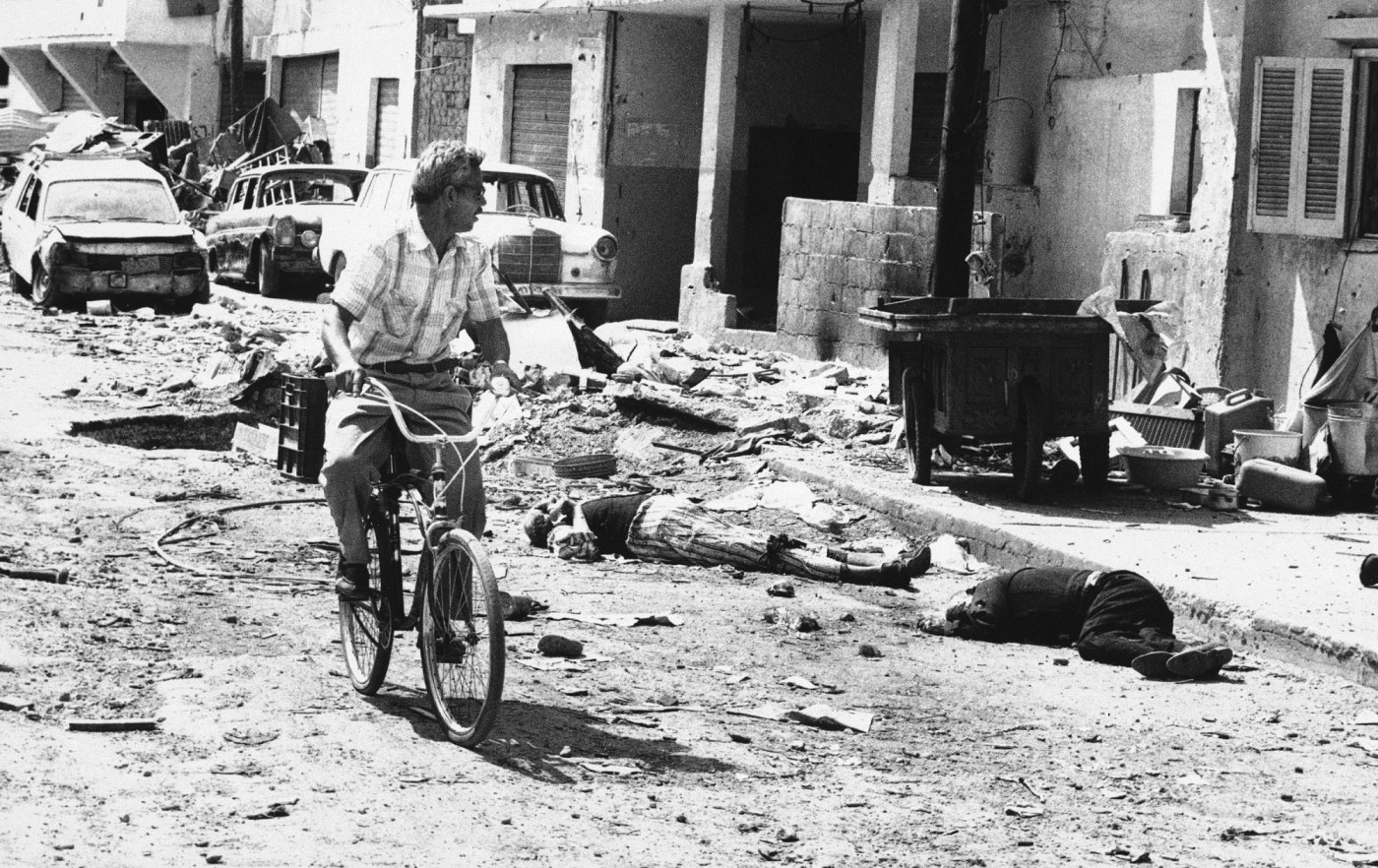On September 16, 1982, a tragic event began that would leave a deep and painful mark on history. The massacre in the Sabra and Shatila refugee camps in west Beirut resulted in the deaths of over 1,300 Palestinian men, women, and children. This horrific act was carried out by Israeli-allied Christian Phalange militiamen during the Lebanese Civil War, igniting widespread condemnation and calls for justice that resonate to this day.
Historical Context and Key Events
The Sabra and Shatila massacre occurred amid the backdrop of intense conflict in Lebanon. Following the Israeli invasion of Lebanon earlier that year, tensions escalated dramatically. The camps, home to many Palestinian refugees, became targets during this chaotic period.
In the days leading up to the massacre, Israeli forces surrounded the camps, allegedly providing support and coordination to the Phalange militia. Reports from various human rights organizations describe the violence as systematic, with survivors recounting harrowing tales of loss and trauma. The event remains a critical point of reference in discussions about human rights and international law.
On this date, history also remembers other significant events. In 1810, Mexican priest Miguel Hidalgo y Costilla called for rebellion against Spanish rule, marking the beginning of the Mexican War of Independence. This struggle eventually led to Mexico’s liberation and the establishment of a sovereign nation.
Reflections on September 16
The events of September 16 are a stark reminder of the ongoing struggles faced by displaced peoples around the world. The massacre in Sabra and Shatila serves as a significant example of the consequences of conflict, highlighting the importance of understanding history to prevent future atrocities.
In addition to these historical reflections, the date has witnessed other notable occurrences. In 2007, former NFL star O.J. Simpson was arrested in Las Vegas for armed robbery. His later conviction for kidnapping and armed robbery led to a sentence ranging from nine to thirty-three years, from which he was released in 2017.
More recently, September 16, 2018, marked the tragic aftermath of Hurricane Florence, which resulted in at least 17 confirmed fatalities due to catastrophic flooding across the Carolinas.
As we remember the past, it is essential to reflect on the lessons learned and the ongoing quest for peace and justice in regions affected by conflict. The massacre at Sabra and Shatila is not just a historical event; it echoes in the present, reminding us of our shared responsibility to uphold human rights and dignity for all.








